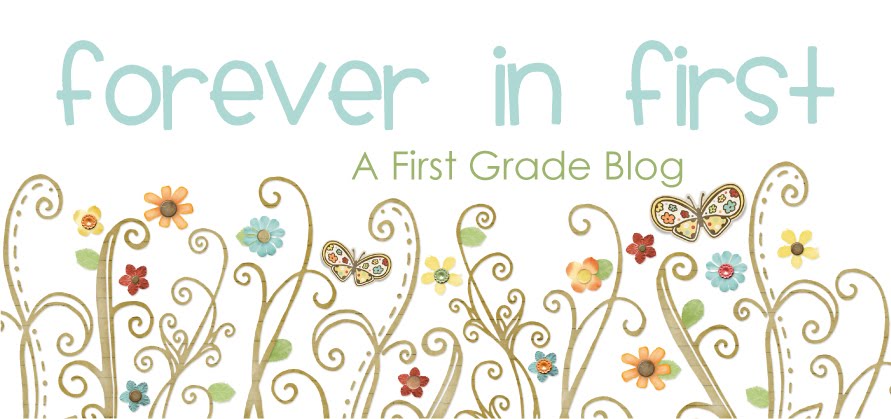If you were to ask my first graders about March Madness, they would think you were talking books, not basketball, which I think is actually pretty cool. We just finished voting on the madness today, and We Are in a Book by Mo Willems was the clear winner. (I didn't tell my kids this, but I predicted and hoped for this outcome. My kids and I love all things Mo.)
This was my first try at March Madness, and I'm so glad that I took the time to make it happen. It for sure ramped up the book energy in my class. Those 16 books were the most popular items in my room this month, even to the point of causing a few conflicts and requiring some i-messages between readers.
I actually chose 16 books that I hadn't read to my class before, which was good for both them and me. The kids fell in love with reading even more, and I found some great titles that I should definitely incorporate into my permanent library. (I'm aware that I must do a better job of knowing the latest and greatest picture books out there.)
Anyway, if you've been like me and vacillated about whether to give this March Madness thing a try, please make a note to do it next year. You and your readers will be glad you did.
And of course there are additional benefits, such as:
* practicing good sportsmanship
* learning concepts and words like: voting, ballots, secret ballots, tallying, etc.
* graphing results













